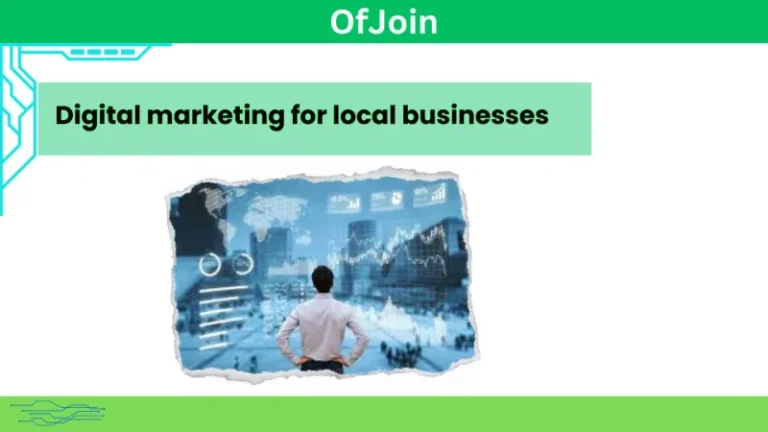Why Gen Z Entrepreneurs Are Ditching the Traditional Playbook
In boardrooms and business schools across the globe, there’s a quiet revolution underway—led by Gen Z entrepreneurs who are rewriting the rules of what it means to build and run a company. Unlike the generations before them, these digital natives are less interested in climbing corporate ladders or following a rigid path to success. Instead, they’re leveraging authenticity, technology, and community to forge a new kind of entrepreneurship—one that’s leaner, more flexible, and deeply values-driven.
So, why exactly is Gen Z ditching the traditional playbook?
They Value Purpose Over Profit
For Gen Z founders, business is about more than just the bottom line. According to Deloitte’s Global Gen Z Survey, this generation is more likely to support and create businesses that align with social, environmental, or mental health causes. They want their companies to stand for something meaningful—and they expect that same commitment from the brands they buy from and partner with.
This shift isn’t just philosophical. Purpose-driven brands tend to attract loyal customers and employees, leading to long-term sustainability. Gen Z understands this and is building impact into the DNA of their businesses from day one.
They Grew Up With Digital Shortcuts
Gen Z doesn’t just use technology—they live it. Raised on smartphones, social media, and Google, this generation is accustomed to solving problems instantly and creatively. Instead of writing lengthy business plans or applying for bank loans, many launch businesses from their phones, using tools like Shopify, Substack, Canva, and TikTok to reach audiences and generate revenue in real time.
They’re not waiting for gatekeepers to validate their ideas. They’re building audiences, testing products, and pivoting fast—all without the overhead and bureaucracy that slows down traditional startups.
They Prioritize Flexibility and Mental Health
Where previous generations might have glamorized the grind, Gen Z is more concerned with balance. They watched millennials burn out in hustle culture, and they’re determined not to make the same mistake. That’s why many are creating businesses that support a flexible lifestyle—think dropshipping stores, online coaching, content creation, and remote-first agencies.
Gen Z entrepreneurs design their companies around the life they want, not the other way around. Mental health days, asynchronous work, and four-day workweeks aren’t perks—they’re baked into how the business runs.
They’re Community-Driven, Not Competitive
Traditional business advice often focuses on beating the competition. But Gen Z is more interested in collaboration than conquest. From group coaching cohorts to digital co-working spaces and online accountability pods, they’re building businesses with people, not against them.
This community-first approach also extends to how they market. Instead of pushing hard-sell tactics, Gen Z founders rely on transparency, storytelling, and word-of-mouth. They show up authentically on platforms like Instagram, LinkedIn, or Threads and invite people to be part of the journey. As a result, they build trust faster and more organically than many traditional marketers.
They’re Redefining Success
Gone are the days when success was measured by how many employees you had or how big your office was. For Gen Z, success might mean earning $10K/month while living abroad, building a niche product that helps a small but passionate audience, or running a low-stress business that funds their creative freedom.
They don’t need venture capital, massive teams, or Silicon Valley approval. They just need Wi-Fi, clarity, and a strong sense of why they’re doing it. In that way, Gen Z is showing that entrepreneurship doesn’t have to look like Shark Tank to be valid—or valuable.
Gen Z entrepreneurs are carving out a new path—one defined by flexibility, values, and authenticity. They’re not bound by tradition, and they don’t need permission to start. By ditching the traditional playbook, they’re not just building businesses; they’re reshaping what modern success can look like.
And in doing so, they’re proving that sometimes, the best way forward is to write your own rules.







